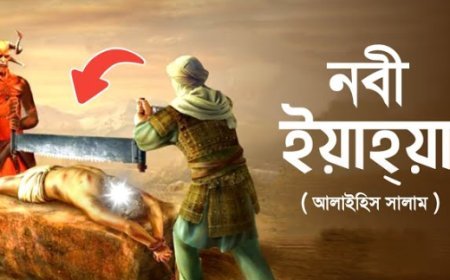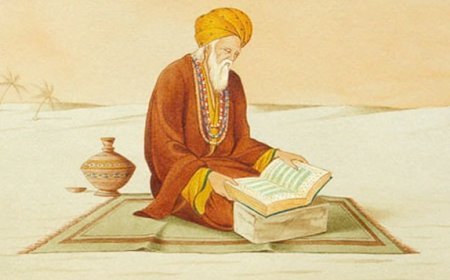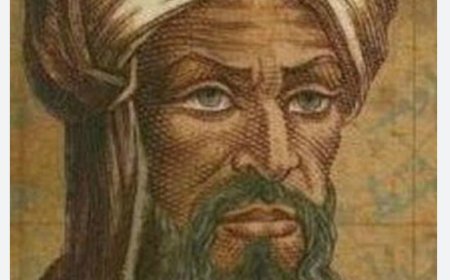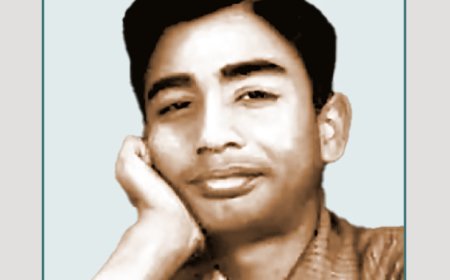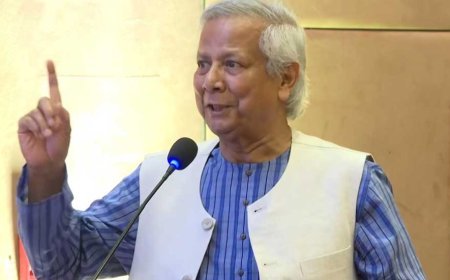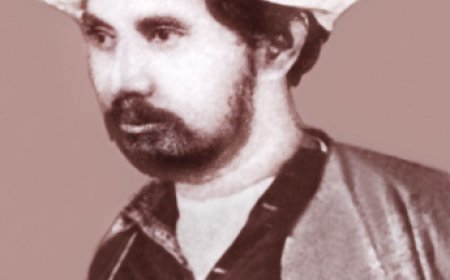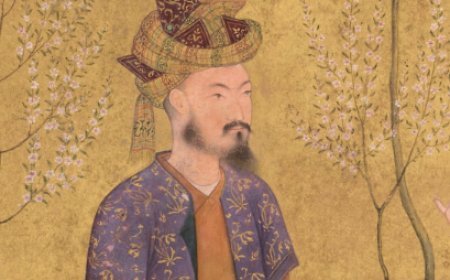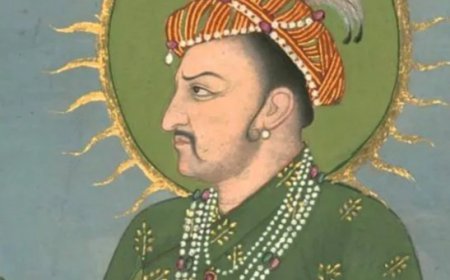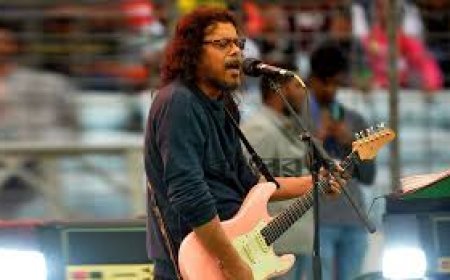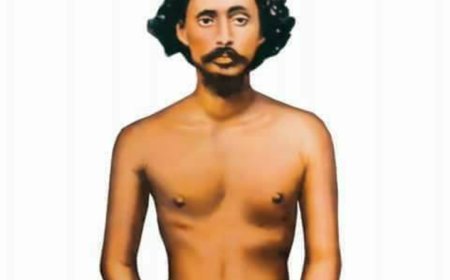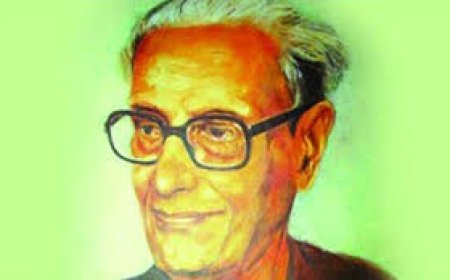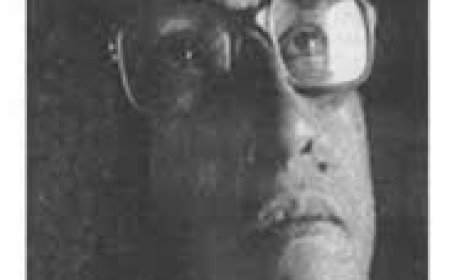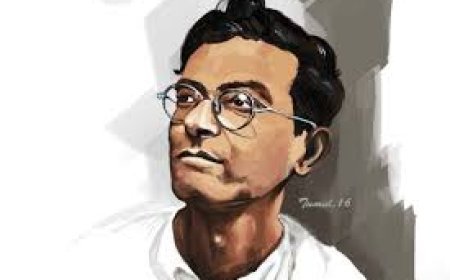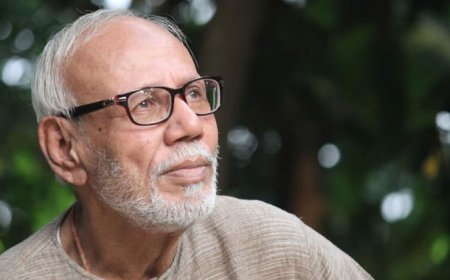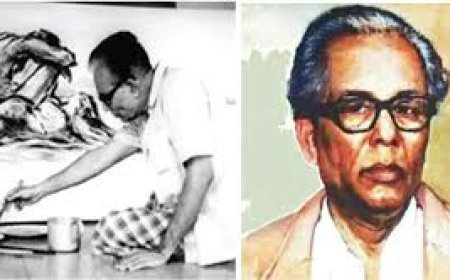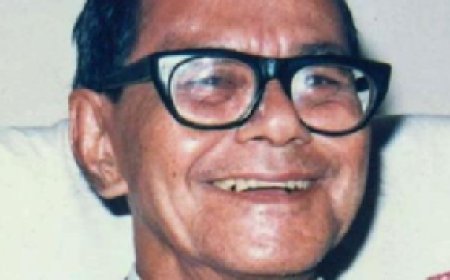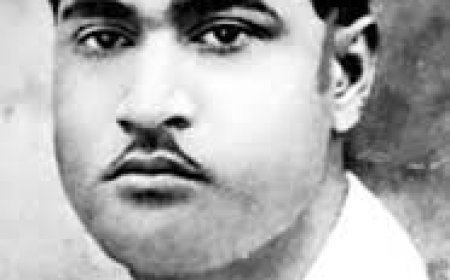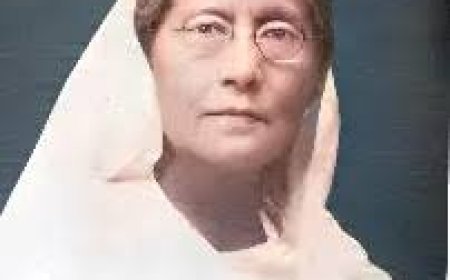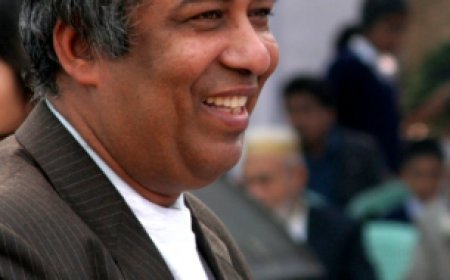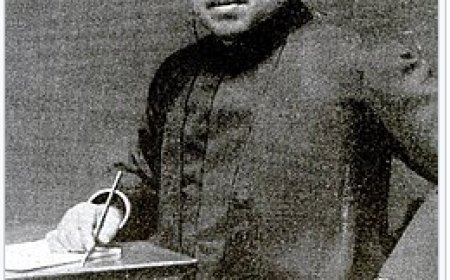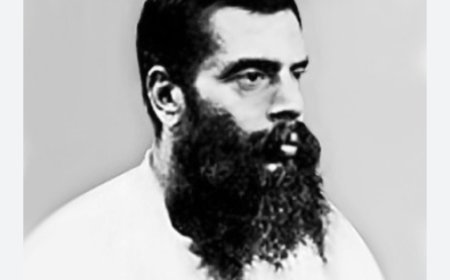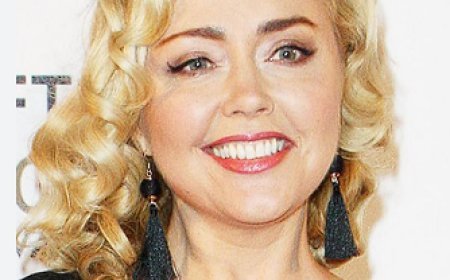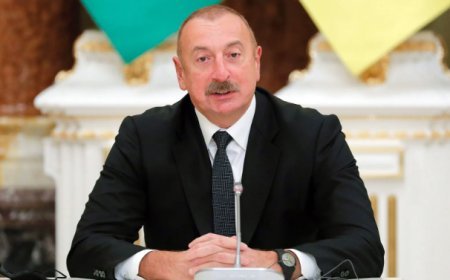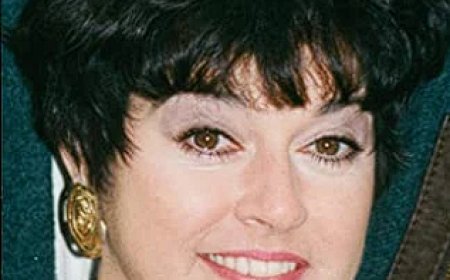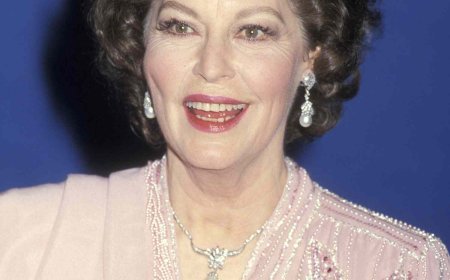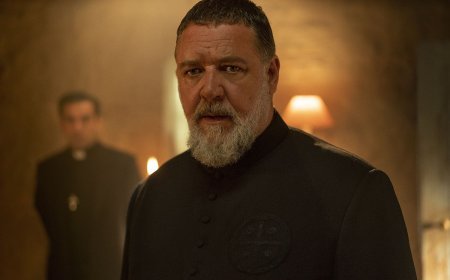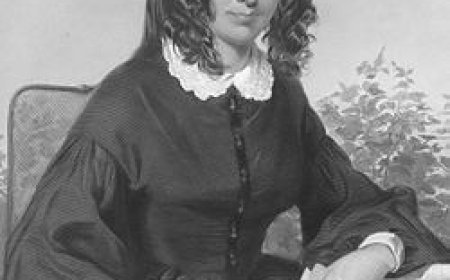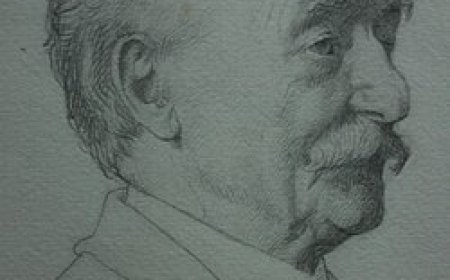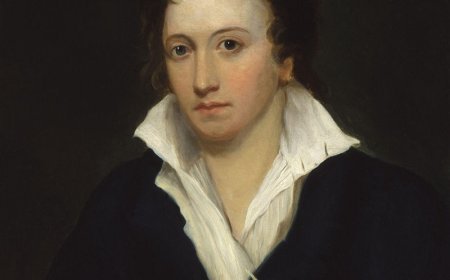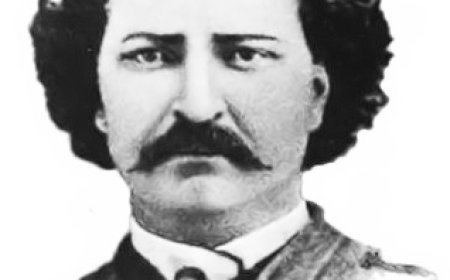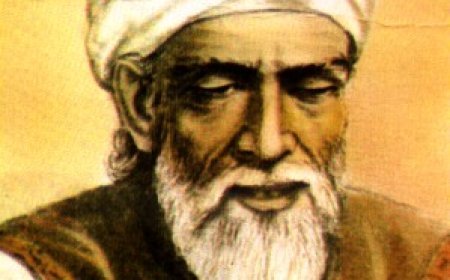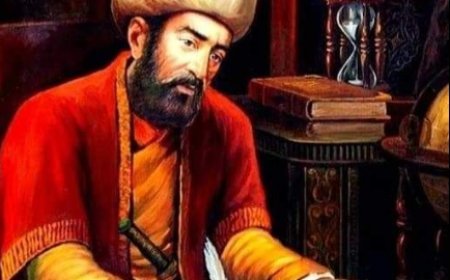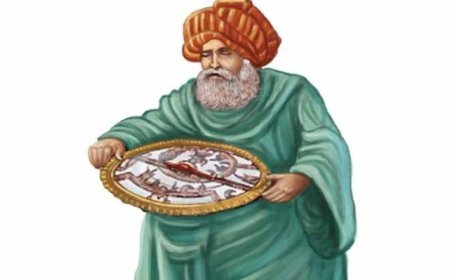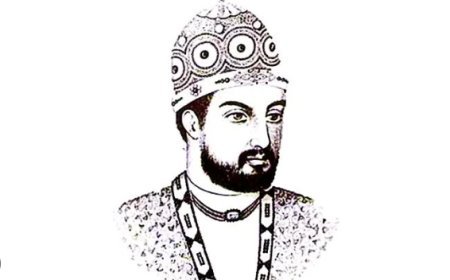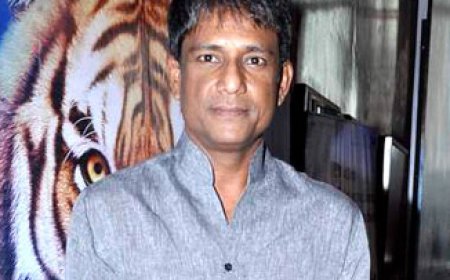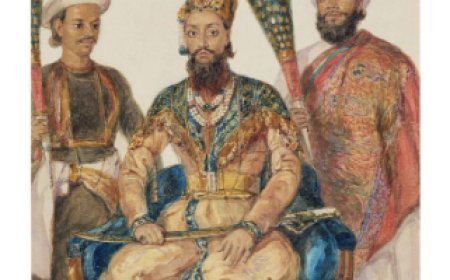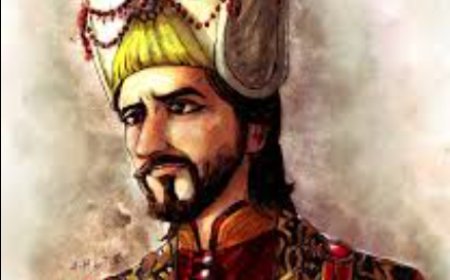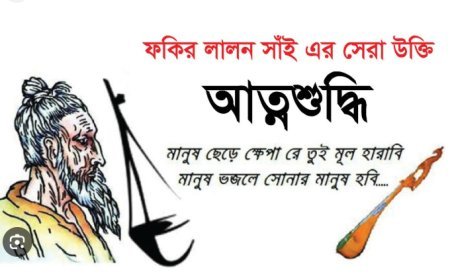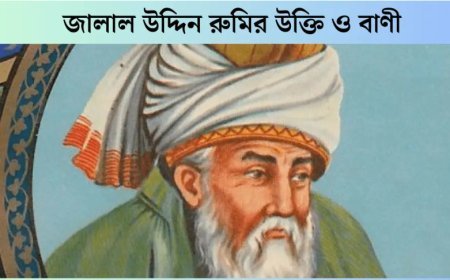biography of Fritz Muliar
biography of Fritz Muliar
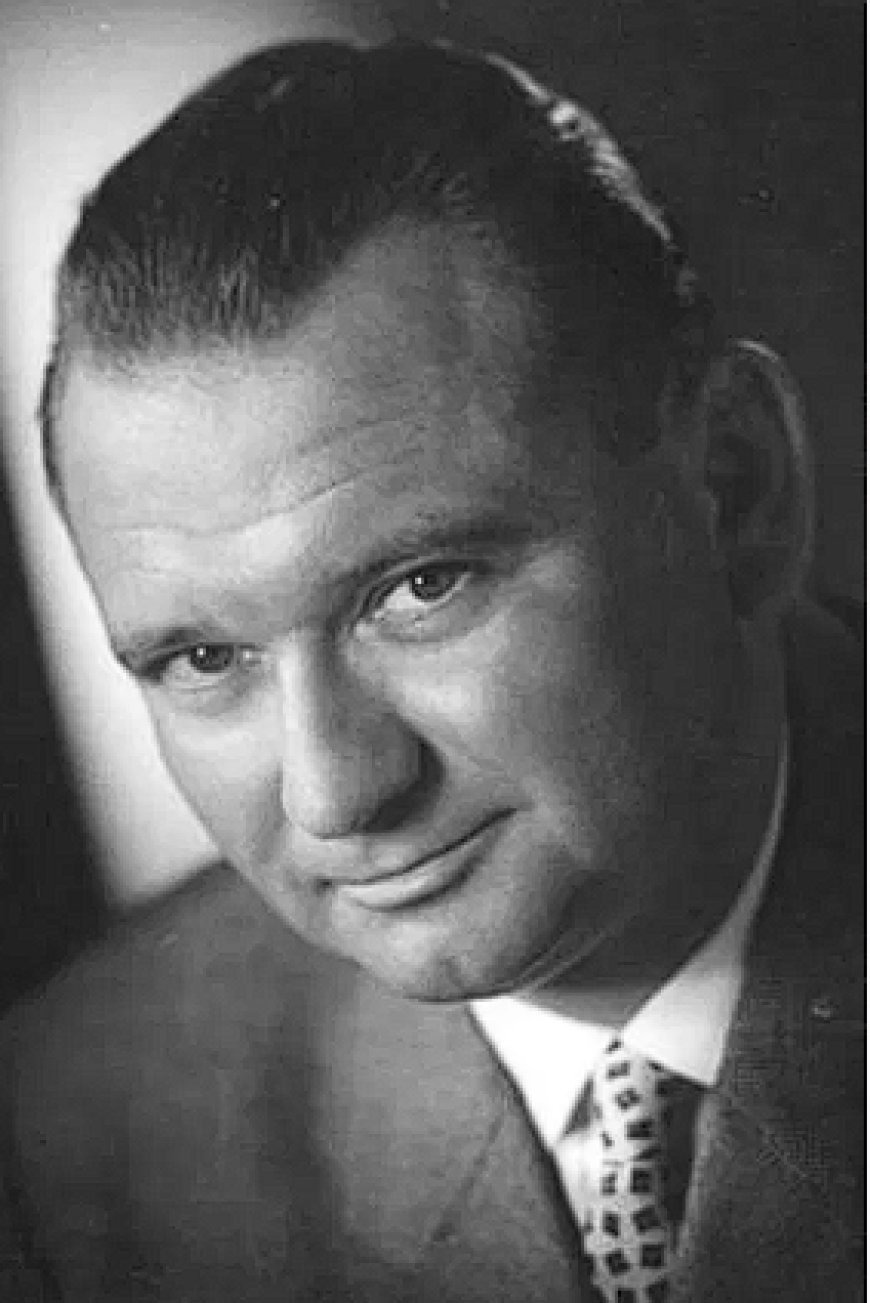
|
Fritz Muliar (left)
|
|
|
Born |
Friedrich Ludwig Stand
December 12, 1919 Vienna, Austria
|
|---|---|
|
Died |
May 4, 2009 (aged 89) Vienna, Austria
|
|
Occupation |
Actor |
Fritz Muliar
, born as Friedrich Ludwig Stand (December 12, 1919 – May 4, 2009), was an Austrian actor who, due to his huge popularity, is often referred to by his countrymen as Volksschauspieler.
Biography
Born in Neubau, Vienna as the stepson of a jeweller, Muliar became a cabaret artist in the late 1930s. He was a Boy Scout in his youth. After serving in the Second World War, he was imprisoned by the Nazis in 1942 and spent seven months in solitary confinement for Betätigung zur Wiederherstellung eines freien Österreich (activities to restore Austrian independence—see Anschluss).
After the war, Muliar started his career as a stage actor. Of small build, he once said that his ambitions had never included playing parts such as that of Othello. Rather, he had always preferred comic roles and traditional Austrian fare (Johann Nestroy, Ferdinand Raimund). Muliar also excelled in imitating various accents, in particular those used by Czech and Yiddish speakers of German. In 1990, he had enormous success in Felix Mitterer's play for one person, Siberia (televised in 1991), a study in ageism about an old man who has been abandoned by his family in a retirement home and his struggle for dignity.
While he also performed regularly at the Salzburg Festival in the play Jedermann (a version of Everyman), Muliar was associated with two Viennese theatres in particular: the Burgtheater (whose tenured member he was until his retirement), and the Theater in der Josefstadt, where he worked until his death in 2009. He was one of the severest critics of Claus Peymann (born 1937), director of the Burgtheater between 1986 and 1999 whose leadership polarized Austrian theatregoers by its focus on controversial playwrights such as Thomas Bernhard and Elfriede Jelinek. Musical theatre saw Muliar in the non-singing role of Frosch in Die Fledermaus. At Theater in der Josefstadt, Muliar was perhaps best known for the role of Mr. Green in Jeff Baron's Visiting Mr. Green (Besuch bei Mr Green). Muliar, Michael Dangl the theater and Jeff Baron were awarded the 2001 Kulturpreis Europa for this production, which ran for several seasons and was nationally telecast.
Muliar appeared in numerous films and in some television series such as Kir Royal (alongside Franz Xaver Kroetz) and Kommissar Rex. He is best remembered beyond the boundaries of his native Vienna for playing the title role in the 13-part TV series, Die Abenteuer des braven Soldaten Schwejk, which was filmed in German and broadcast by the Austrian state TV (ORF) in 1972.
Muliar was a committed Social Democrat who publicly supported various Austrian Social Democratic politicians during their election campaigns. He was married from 1955 to Franziska Kalmar, Austria's first television presenter. In January 2006 he was elected to the position of a public advisor in the Austrian state TV (ORF). He died in Vienna, aged 89.
A life for his beloved audience
Until one day before his death on May 4, 2009 in Vienna, the famous actor and cabaret artist Fritz Muliar performed for his audience. This took place at the Theater in der Josefstadt, in the play Die Wirtin, written by Peter Turrini and freely adapted from Carlo Goldoni’s La Locandiera. And even though he appeared in numerous films and television series (the most famous of which, which made him internationally known, is undoubtedly Inspector Rex, in which he took part from 1994 to 1998 in the role of the retired commissioner Max Koch, friend and mentor of the young commissioner Richard Moser, played by Tobias Moretti), it can definitely be said that the great love of his life was theatre, where he acted for more than seventy years, celebrating this important anniversary in 2006.
Friedrich Ludwig Stand was born on December 12, 1919 in Vienna, the illegitimate son of the imperial officer and Tyrolean editor Josef Weichselbaum (with whom, however, he never had any contact) and the bank secretary Leopoldine Johanna Stand. Only after the marriage of the latter to the Ukrainian jeweller of Jewish origin Moische Leib Muliar did young Fritz acquire the surname by which we all know him today.
After graduating from high school, the young Fritz Muliar already started to study acting at the Neues Wiener Konservatorium at the age of sixteen and soon afterwards began performing as a cabaret artist in small theatres in the city. World War II, however, changed things: Fritz had to enlist, but was soon even sentenced to death for attempting to sabotage the army. This verdict, however, was soon turned into a five-year prison sentence and he spent the entire period until the end of the war as a prisoner of the British.
Only from the mid-1940s did Fritz Muliar’s career really take a quantum leap. He began performing in numerous theatres in the country, in Klagenfurt, in Graz and finally in his native Vienna, first at the Raimundtheater, then at the Wiener Volkstheater, at the Burgtheater and, of course, at the Theater in der Josefstadt. Praised by audiences and critics alike (even the writer Ernst Lothar was particularly impressed by him), Fritz Muliar had the opportunity to perform in works by Johann Nestroy, Ludwig Anzengruber, William Shakespeare and even Berthold Brecht, to name but a few examples, each time proving to be particularly witty and amusing and soon becoming a familiar and reassuring face to his audience.
In the course of his long career, Fritz Muliar took part in more than a hundred films and television series, including Lumpazivagabundus (Franz Antel, 1956), based on the play of the same name by Johann Nestroy, Der Bockerer (Michael Kehlmann, 1963), the now cult Mother’s Day (Harald Sicheritz, 1993), Radetzkymarsch (Axel Corti and Gernot Roll, 1994) and Qualtingers Wien (Harald Sichertz, 1997), an all-Viennese comedy based entirely on sketches by the late Helmut Qualtinger, with whom Muliar had often had the opportunity to work.
Fritz Muliar’s life was particularly intense and full of satisfaction, as well as dramatic events. Married twice (his second wife was Franziska Kalmar, Austria’s first television announcer), he had three children and his eldest son Hans, born from his marriage to Gretl Doering, died in 1990. However, his grandson Markus (Hans’ son) gave us the opportunity in 2015 to learn more about some of the details of his grandfather’s life by publishing the book Damit wir uns verstehen!, which contains excerpts from Fritz Muliar’s own diary, along with some letters he wrote during World War II. His audience, even today, has never forgotten the nice man who made them laugh for many, many years, often also thanks to his knowledge of the Yiddish language. The Muliarplatz in Vienna’s 23rd district is just one evidence of how important the actor was to his country.
MINI BIO :
After his education at the Vienna Conservatory he got his first engagement at Stella Kadmons cabaret in 1937. Little time later he was engaged at the 'Theater an der Josefstadt', where he became one of Austria's most popular artists and where he is still acting and directing in various productions.
TRIVIA :
Biography :
Born in Neubau, Vienna as the stepson of a jeweller, Muliar became a cabaret artist in the late 1930s. He was a Boy Scout in his youth. After serving in the Second World War, he was imprisoned by the Nazis in 1942 and spent seven months in solitary confinement for Betätigung zur Wiederherstellung eines freien Österreich (activities to restore Austrian independence—see Anschluss).
After the war, Muliar started his career as a stage actor. Of small build, he once said that his ambitions had never included playing parts such as that of Othello. Rather, he had always preferred comic roles and traditional Austrian fare (Johann Nestroy, Ferdinand Raimund). Muliar also excelled in imitating various accents, in particular those used by Czech and Yiddish speakers of German. In 1990, he had enormous success in Felix Mitterer's play for one person, Siberia (televised in 1991), a study in ageism about an old man who has been abandoned by his family in a retirement home and his struggle for
While he also performed regularly at the Salzburg Festival in the play Jedermann (a version of Everyman), Muliar was associated with two Viennese theatres in particular: the Burgtheater (whose tenured member he was until his retirement), and the Theater in der Josefstadt, where he worked until his death in 2009. He was one of the severest critics of Claus Peymann (born 1937), director of the Burgtheater between 1986 and 1999 whose leadership polarized Austrian theatregoers by its focus on controversial playwrights such as Thomas Bernhard and Elfriede Jelinek. Musical theatre saw Muliar in the non-singing role of Frosch in Die Fledermaus. At Theater in der Josefstadt, Muliar was perhaps best known for the role of Mr. Green in Jeff Baron's Visiting Mr. Green (Besuch bei Mr Green). Muliar, Michael Dangl the theater and Jeff Baron were awarded the 2001 Kulturpreis Europa for this production, which ran for several seasons and was nationally telecast.
Muliar appeared in numerous films and in some television series such as Kir Royal (alongside Franz Xaver Kroetz) and Kommissar Rex. He is best remembered beyond the boundaries of his native Vienna for playing the title role in the 13-part TV series, Die Abenteuer des braven Soldaten Schwejk, which was filmed in German and broadcast by the Austrian state TV (ORF) in 1972.
Muliar was a committed Social Democrat who publicly supported various Austrian Social Democratic politicians during their election campaigns. He was married from 1955 to Franziska Kalmar, Austria's first television presenter. In January 2006 he was elected to the position of a public advisor in the Austrian state TV (ORF). He died in Vienna, aged 89.
SOURSE : imdb ..... wikipedia ,,,,,,, alchetron ,,,,, austriaco
What's Your Reaction?
 Like
0
Like
0
 Dislike
0
Dislike
0
 Love
0
Love
0
 Funny
0
Funny
0
 Angry
0
Angry
0
 Sad
0
Sad
0
 Wow
0
Wow
0


